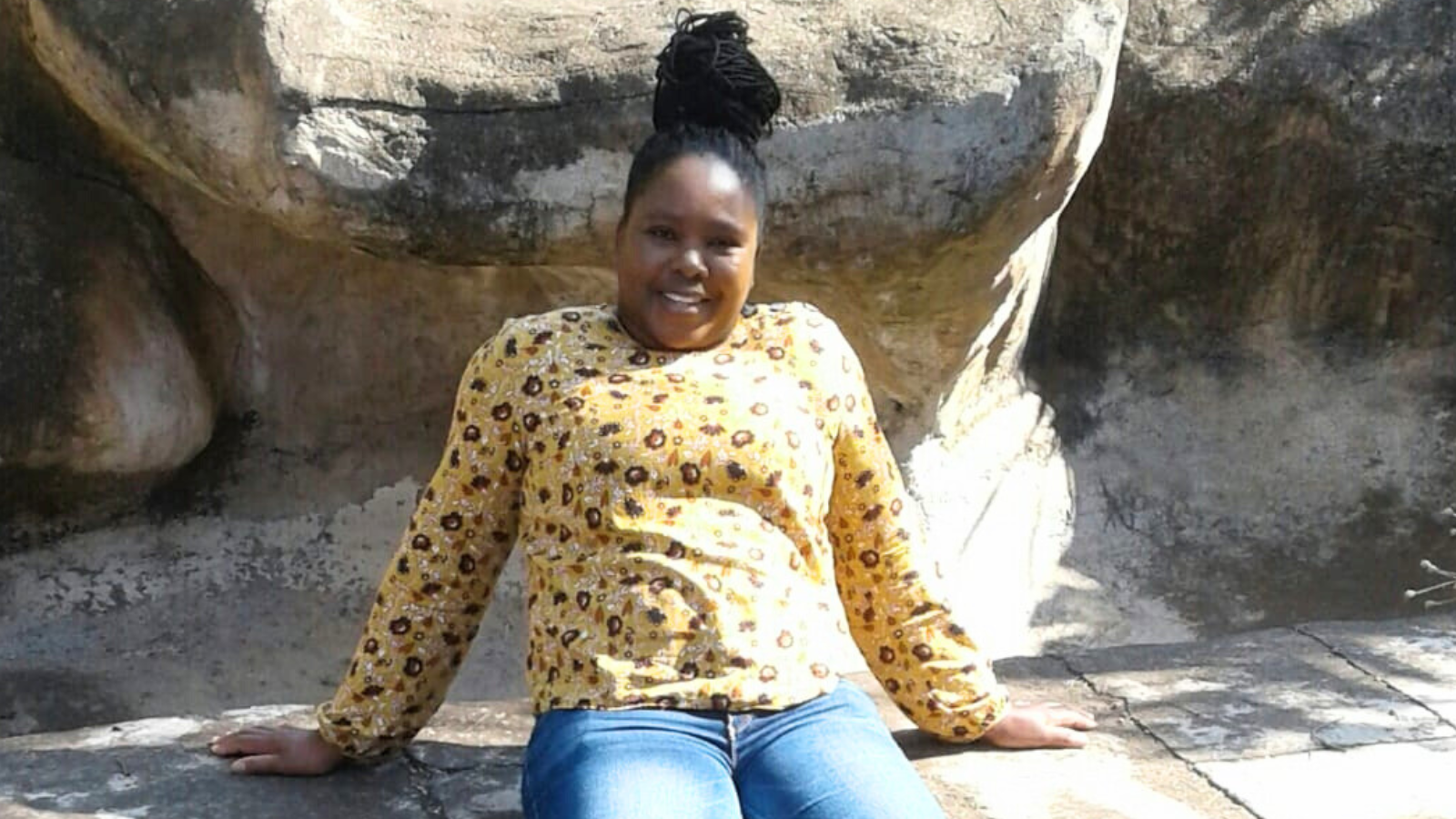From where I stand: "We create safe spaces to have honest conversations about tough realities many young women face."
Anna Maswikeni coordinates the mental health support services at the Young Women for Life Movement (YWfL) working with young women between the ages of 14 – 25 from South African townships and rural communities. The YWfL movement, established by the Southern African Catholic Bishops Conference (SACBC) Justice and Peace Commission and supported by UN Women South Africa Multi-Country office, was founded in 2019 to help young women tackle challenges such as GBV, HIV/AIDS, and socio-economic hardships. The program is supported by the United Budget, Results and Accountability Framework and the Foreign, Commonwealth & Development Office of the United Kingdom.
Date:


When I joined the Young Women for Life Movement in South Africa as a volunteer counselor in 2019, I wanted to be part of the solution for young women living with so much potential but with mental and emotional hurdles to overcome to unlock that.
Of the more than a thousand young women we’ve worked with over the years, the most common issues we deal with daily are related to sexual violence. In many of the communities we deal with in the four provinces where we work, we find cases where girls have been abused but their families discourage and disempower them from reporting these crimes. Instead, families in many instances still try to negotiate the issues internally or even ask the accused perpetrators to make some financial compensation for the offense.
Some of the girls come from homes where the divorce of their parents affected them badly and for others, their trauma stems from witnessing gender-based violence in their homes at a young age. As a result, many battle depression, anxiety, and suicidal thoughts. They then turn to unhealthy ways of coping such as alcohol abuse and drugs.
As Young Women for Life, we conduct dialogues in our communities led by our ambassadors and change advocates. In these dialogues, we create safe spaces to have honest conversations about these tough subjects and subsequently identify those who need additional mental health support such as counseling and therapy.
Through our awareness programs, others learn about their HIV status and that can be quite a shock. They need education on what that means, getting and staying on their treatment, and mental and emotional support. Our change advocates who have been trained in basic counseling, and counselors like me, offer the first line of counseling while our network of partners with professional counselors such as Families South Africa (FAMSA), Lifeline South Africa, and Childline, offer the necessary professional psychological support.
We also provide counseling to young women who are going through legal processes related to GBV once they’ve decided to press charges. Going through court cases can be tough and emotionally demanding, so we prepare the young women mentally and assist them in processing the court proceedings so they are not intimidated and are able to persist and see the cases to their conclusion.
We find that although young people may know where to get mental healthcare services, such as free help from public counselors at state-run clinics, they are reluctant to make use of these services. They often express concern about confidentiality, the stigma around some of the issues they are dealing with, and the fear of their parents or guardians finding out. This is why we try to make our services easily accessible, relatable, and safe – where no topic is off-limits. Sometimes we run into situations where some of the young women we counsel refuse to move on to additional support services such as getting help for an alcohol addiction they developed to deal with their inner pain.
Over the years we have learned that providing comprehensive public awareness campaigns in our communities and rolling out targeted programs to educate and empower parents helps address some of the issues around stigma.
The highlight of the work we do is that we not only get to see some of these young women learn to cope in healthy ways and gradually heal from their trauma but they go on and regain their self-confidence and take on roles and opportunities they never imagined they could.